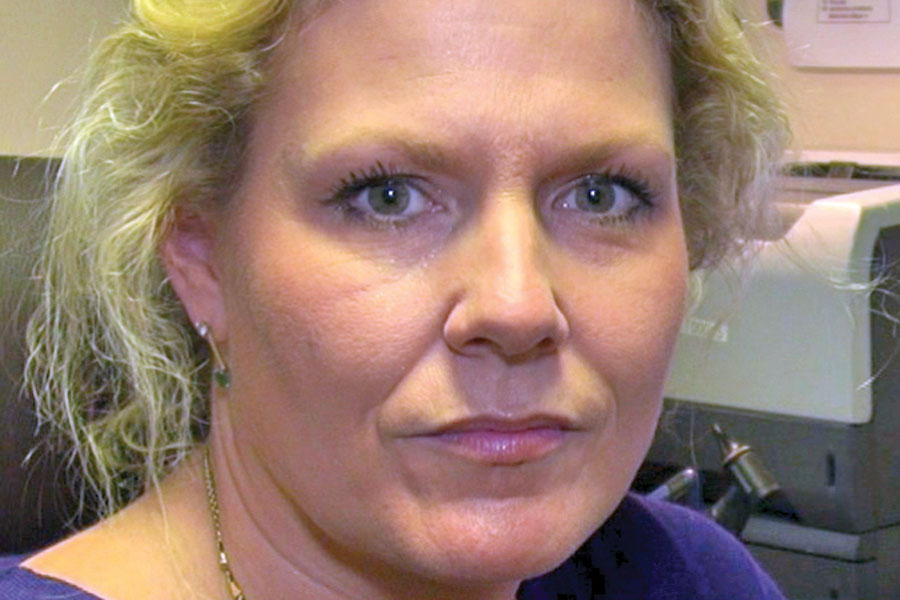
finasteride pills spl suo
GPs should initiate hormones in patients with gender dysphoria in specific circumstances, the GMC has advised.
The regulator said GPs should be capable of initiating treatment to mitigate a risk of self-harm or suicide where a patient is already self-prescribing with black market drugs and continue to prescribe as part of shared-care arrangements.
Ongoing row
It is the latest in the ongoing row over GPs’ role in treating transgender patients, which has been brought to the fore after NHS England refused to designate the treatment of people undergoing gender reassignment as non-GMS work in service specifications drawn up for commissioners in June 2015.
The service specifications said GPs would be expected to provide ‘bridging prescriptions’ for hormone therapy and carry out safety monitoring procedures, interpreting blood test results and hormone levels – which NHS England said was the ‘non-specialised’ element of the pathway. This has now been endorsed by the GMC.
But the GPC has raised concerns about this with the regulator, pointing out that GPs should not be initiating prescribing outside their competence, and that the shared-care arrangements stipulation ‘places a worrying expectation on any GP’ to continue prescribing specialist medication.
In response, a letter from GMC chief executive Niall Dickson detailed the ‘exceptional circumstances’ when GPs are expected to initiate medication:
- The patient is self-prescribing with hormones from an unregulated source.
- The bridging prescriptions are intended to mitigate risk of self-harm or suicide.
- The GP has sought the advice of a gender specialist and prescribed the lowest acceptable dose.
‘Not specialist’
Mr Dickson added: ‘We don’t believe providing care for patients with gender dysphoria is a highly specialist area requiring specific expertise.
‘Our understanding is that the same, or similar, hormone medications are commonly used in general practice for treating patients with prostate cancer or endometriosis.’
But GPC chair Dr Chaand Nagpaul told Pulse that GPs should not be undertaking this care.
He said: ‘We don’t believe GPs should be prescribing even in exceptional circumstances, because that is clearly outside of their competence and the guidance, which says patients should be first seen by the specialist.
‘It is unlikely that indemnity bodies will see “exceptional circumstances” to be a mitigating factor should a problem arise from the GP’s prescription.’
He added that the shared-care arrangements mean GPs will be expected to prescribe hormones that ‘are not licensed in patients in this situation’.
Dr Nagpaul said: ‘The more important thing is that the GMC is being highly reductionist in the management of patients with gender dysphoria. It isn’t about prescribing, it is about managing patients who need ongoing comprehensive care.’
The GMC has acknowledged there are commissioning deficiencies, he added, ‘and that is what needs to be tackled’.
How to comply with the GMC guidance

dr helen webberley 3×2
Unfamiliar conditions can seem daunting and imposing, but meeting the new transgender guidance from NHS England and the GMC should be fairly simple for GPs – and, hopefully, rewarding. This is set to become part of routine general practice, with GPs supporting the rising numbers of people seeking help.
Here are five tips on how GPs can manage this group of patients.
1 Gender care is a recognised medical condition with clear treatment pathways recommended by the NHS. The charity GIRES has helped create an online learning resource with the RCGP that can help if you are unsure: elearning.rcgp.org.uk/gendervariance
2 There are high rates of self-harm and suicide among these patients, so refer for specialist care. At the very least, the patient should be referred to their local gender identity clinic (check the NHS website). Waiting times can be as long as four years though.
3 Don’t be afraid to diagnose. Many patients will tell you they have always felt they were assigned the wrong gender. They may be living in their preferred gender role publicly or in private and may be taking hormones they have acquired out of desperation.
4 Don’t forget the drugs used are common prescriptions. The medication for transgender care includes well-known oestrogen therapy used for treating female menopause and finasteride, which is given to men with benign prostatic hyperplasia.
5 Use the everyday skills GPs are good at. This condition causes great upset at home, at work and in public. Patients need a caring and kind approach, and a safe source of prescription medication, and blood tests to monitor hormone levels.
Dr Helen Webberley is a GP in Monmouthshire and runs an online transgender clinic

















